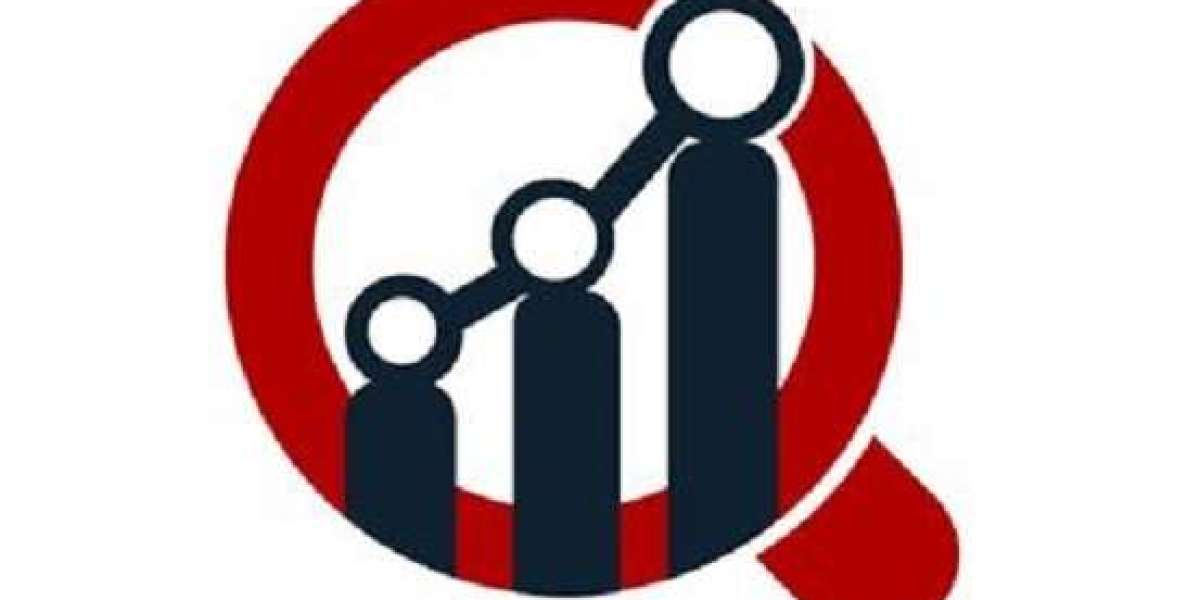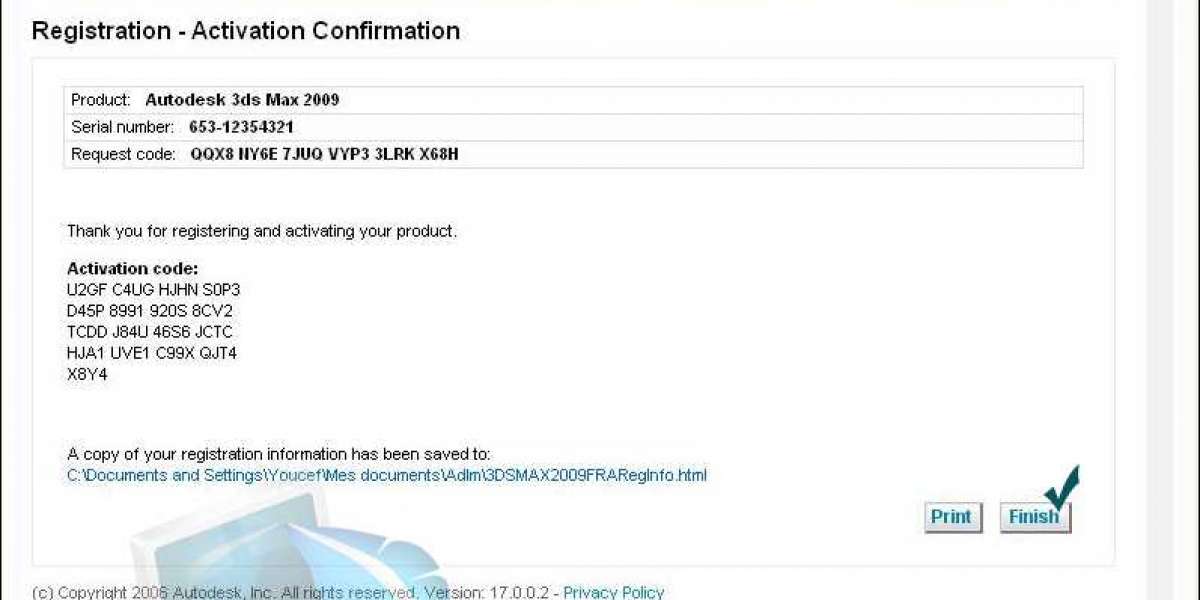Debt consolidation is a powerful financial strategy that allows individuals to simplify their debt management and potentially save money on interest payments. Personal loans can serve as an excellent tool for debt consolidation, providing borrowers with a means to merge multiple debts into a single, more manageable loan. This article explores the benefits, considerations, and steps involved in using personal loans for debt consolidation, empowering you to take control of your financial obligations and work towards a debt-free future.
Understanding Debt Consolidation:
Debt consolidation involves combining multiple debts, such as credit cards, medical bills, or other loans, into a single loan with more favorable terms. By consolidating debts, borrowers can streamline their monthly payments, simplify financial management, and potentially reduce their overall interest expenses.
Benefits of Using Personal Loans for Debt Consolidation:
a. Simplified Repayment: With a personal loan, you only need to manage one monthly payment instead of juggling multiple due dates and varying interest rates.
b. Lower Interest Rates: Personal loans often offer lower interest rates compared to credit cards or other high-interest debt, potentially saving you money over the long term.
c. Fixed Repayment Term: Personal loans typically come with fixed repayment terms, allowing you to create a structured plan to pay off your debt within a specific timeframe.
d. Improved Credit Score: Consistently making on-time payments towards your consolidated debt can positively impact your credit score over time.
Considerations before Consolidating Debt with a Personal Loan:
a. Assess Your Total Debt: Evaluate your current debt load to determine if consolidation is the right option for you. Consider the interest rates, total outstanding balances, and repayment terms of your existing debts.
b. Compare Loan Offers: Research and compare different lenders to find a personal loan with favorable terms, including interest rates, fees, repayment periods, and any potential prepayment penalties.
c. Evaluate Eligibility and Affordability: Understand the eligibility criteria for personal loans, including credit score requirements, income verification, and debt-to-income ratio. Ensure that the monthly loan payments are affordable within your budget.
d. Beware of New Debt Accumulation: After consolidating your debts, be cautious about incurring new debt. Develop responsible spending habits and avoid adding new financial obligations.
Steps to Consolidate Debt with a Personal Loan:
a. Assess Your Debt Situation: Compile a list of your debts, including outstanding balances, interest rates, and monthly payments.
b. Research Personal Loan Options: Explore reputable lenders offering personal loans and compare their terms, personal loan interest rates, and fees.
c. Apply for a Personal Loan: Gather the necessary documentation and complete the loan application process, ensuring accuracy and completeness.
d. Use the Loan to Pay off Existing Debts: Once approved, use the personal loan proceeds to pay off your existing debts, effectively consolidating them into a single loan.
e. Develop a Repayment Plan: Create a budget and repayment strategy to ensure timely payments towards your consolidated loan. Stick to the plan to achieve debt freedom.
Benefits of Responsible Debt Consolidation:
a. Reduced Stress: Consolidating debt can alleviate the stress and mental burden associated with managing multiple creditors and due dates.
b. Financial Organization: By consolidating debt, you gain financial organization and clarity, making it easier to track progress and manage your overall debt.
c. Faster Debt Repayment: With lower interest rates and a structured repayment plan, you can accelerate your debt payoff journey.
d. Potential Savings: Debt consolidation may result in savings on interest payments, allowing you to redirect those funds towards savings or other financial goals.
Conclusion:
Using personal loans for debt consolidation provides a practical and effective way to simplify financial management and work towards becoming debt-free. By understanding the benefits, considerations, and steps involved, you can make informed decisions about consolidating your debts. Remember to assess your debt situation, compare loan offers, evaluate eligibility, and develop a solid repayment plan. With responsible debt consolidation and consistent payments, you can regain control of your finances and pave the way to a healthier financial future.







